|
By Anna Hazard
View the Rest of the Series
Part 1 - Benefits & Drawbacks
Part 2 - Tips, Alternatives, & Helpful Programs Part 3 - Best Dogs for Seniors Part 4 - Best Cats for Seniors Part 5 - Best Birds for Seniors Part 6 - Best Rodents for Seniors Part 7 - Aquariums & Aquarium Plants Part 8 - Best Aquarium Fish for Seniors Introduction
When it comes to man's best friend there are several things to keep in mind when it comes to determining which dog (if any) is the right fit for a senior.
Tips & Advice
Best Dog Breeds for Seniors
0 Comments
Leave a Reply. |
AboutNews updates, tips, and guides on senior care, senior health, stress relief and a host of other caregiving related topics from the professionals at Ella Stewart Care. |

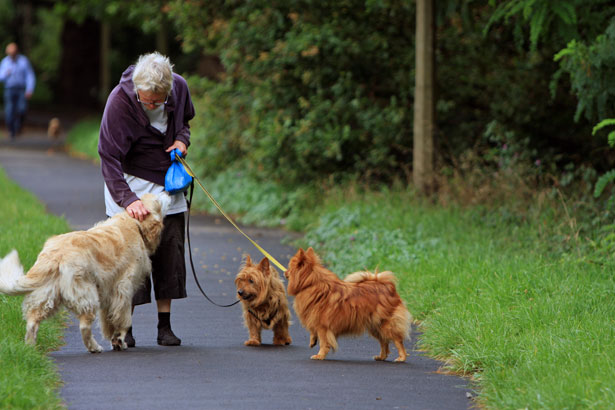
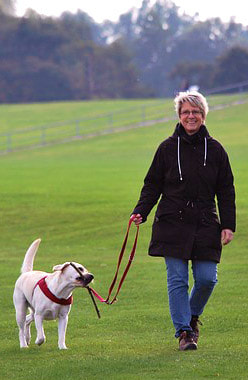
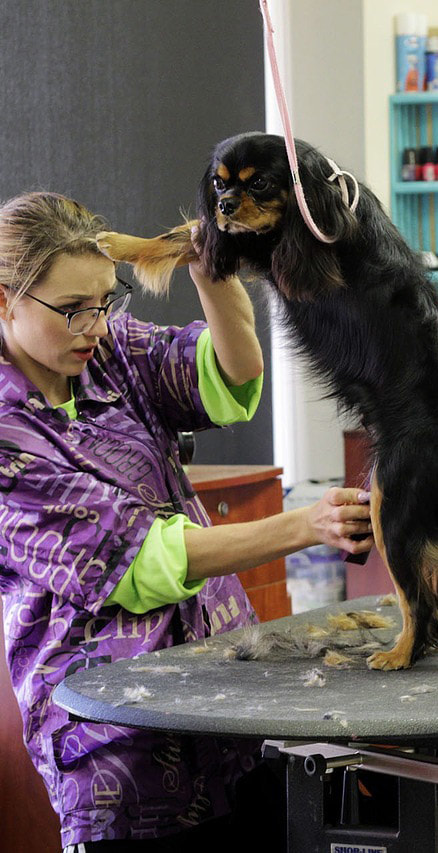
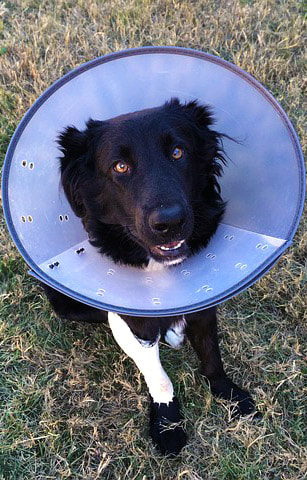
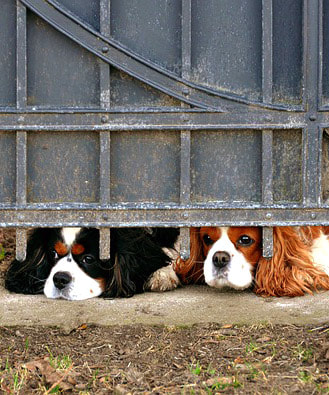

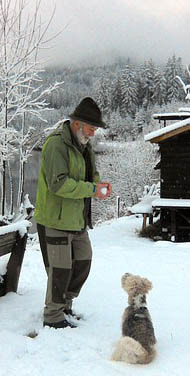

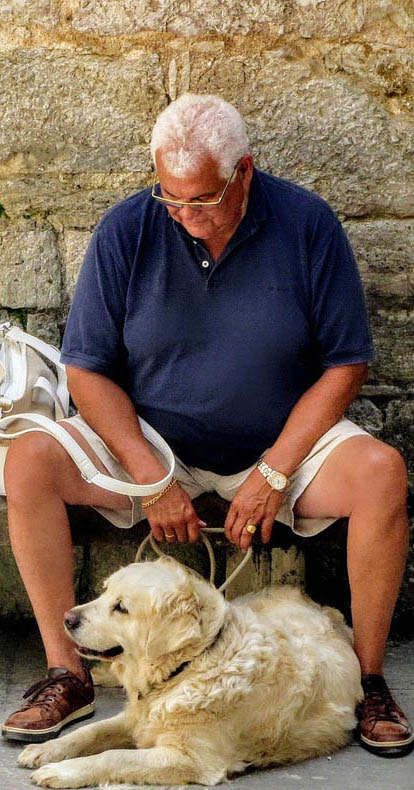
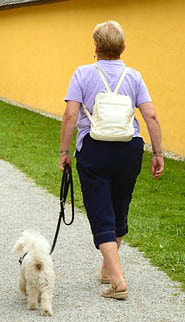
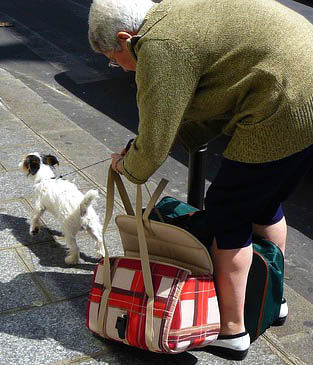
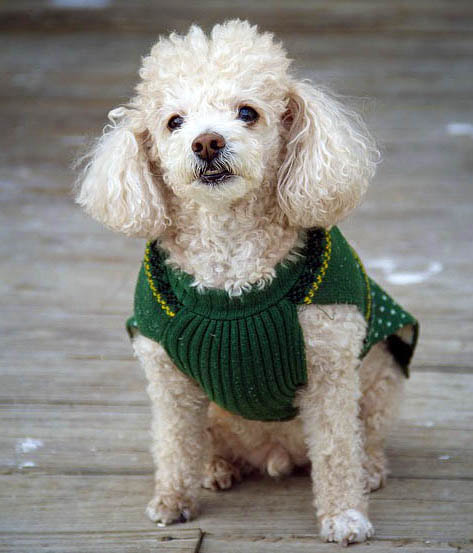
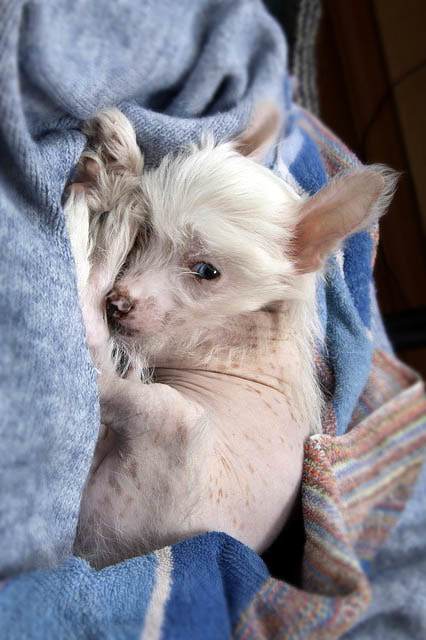
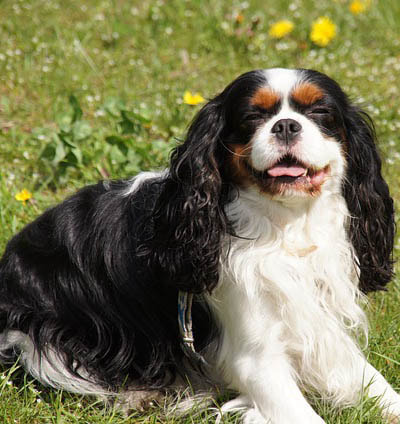
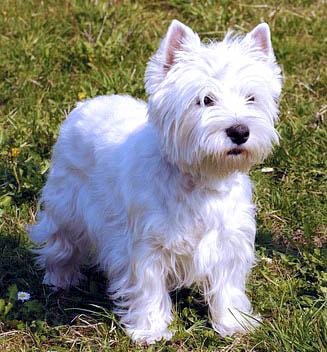
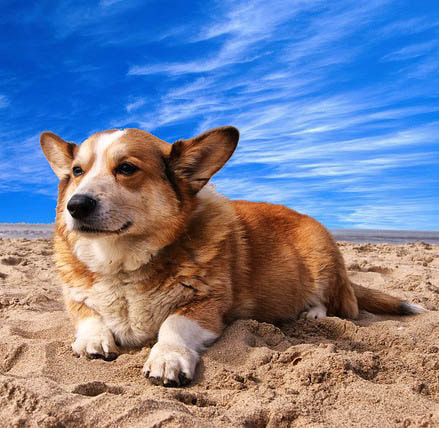
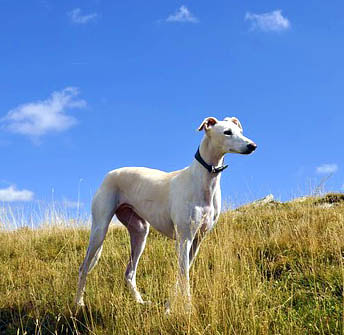

 RSS Feed
RSS Feed
